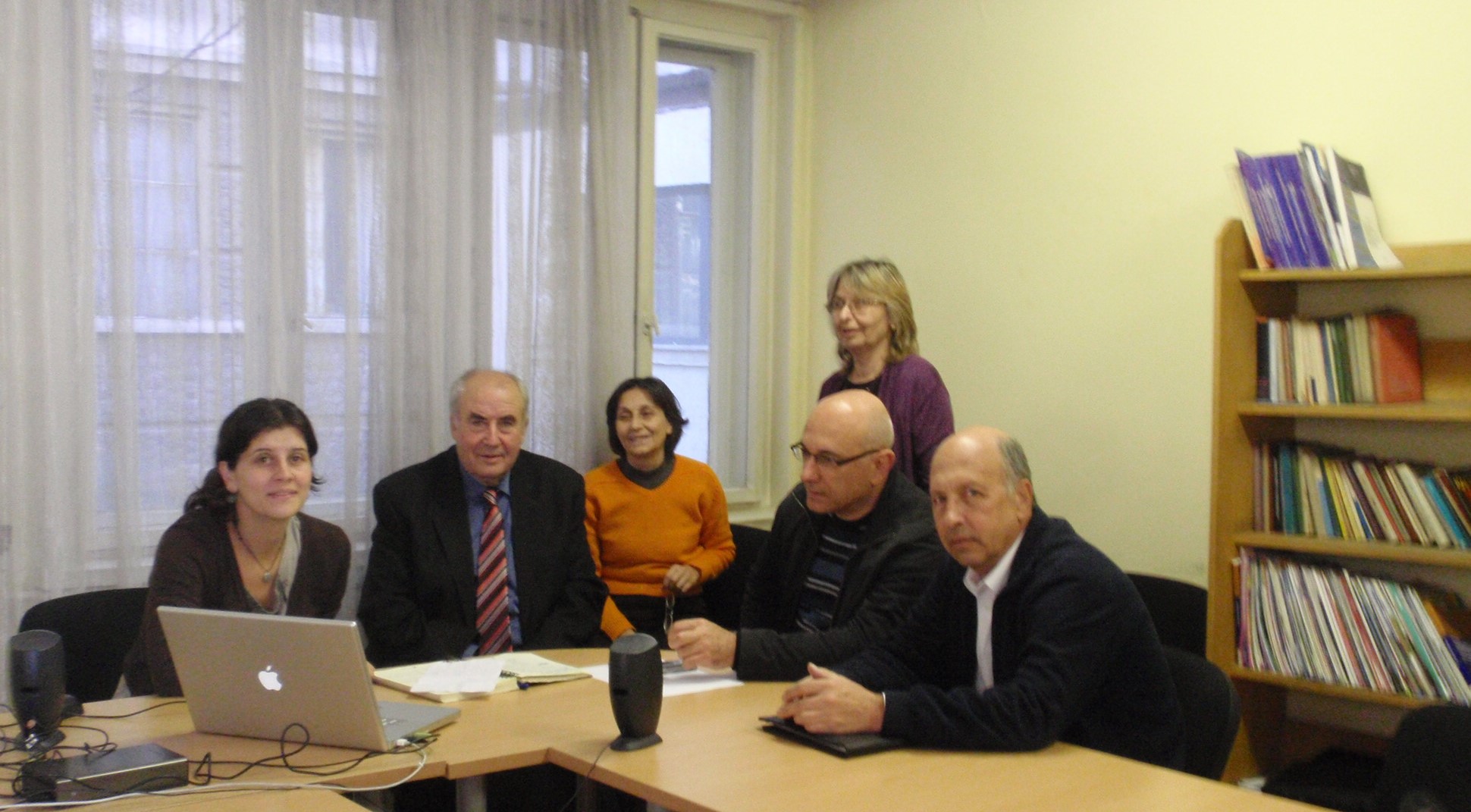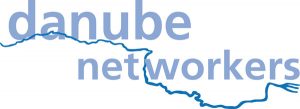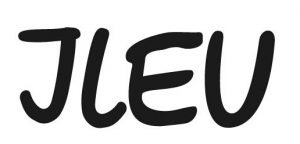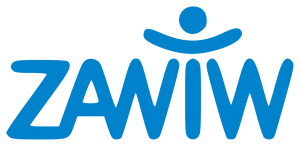Increasing skills and qualification of young scientists for professional realization in the border areas between science and business, under Operational Program for Development of HR

Aim
Project objectives are to create an environment and to promote collaborative work between young people in science and specialists from other economic sectors ( Business and NGOs), to train them to find their common language and to reveal and understand each other professional needs through participation. The logic of the project is to train young people from different sectors for collaborative work and to motivate them to create innovations based on a multidisciplinary approach and mutual understanding. The objectives are: to transfer knowledge between EU academic institutions about training transferable skills, to create a model for knowledge transfer between academic community and qualified specialists from the business and NGO sector and to establish their long-term collaboration; to design a training program for transferable skills for master and PhD students to create unified standards for work.Full Description
The project aims to find effective channels for transferring information about the needs for innovation from business structures to academic community. Main activities were oriented to facilitate the communication between the two communities. It was achieved by: enlarging the scientific language of the PhD students and understanding the needs for basic transferable skills; create new conditions for mobility of scientists, incl. intersectional mobility, and awareness the ethical norms in science and in business, creating attitudes and skills to perform a mediation function between science and companies which could be consumers of the scientific results. Project activities were: to create together with Manchester Business School a new multidisciplinary program for PhD students for achieving basic transferable skills, to carry out a study for selection companies for temporal placement of the students, to organize an individual program for training to work in a team outside academic community for each PhD student, to organize short-term mobility for PhD students to visit Manchester University and each presented the research task on which he/she worked to the researchers of the same science field. The researchers from Institute for Study Knowledge and Society and Manchester University created a training program aiming to give knowledge to the young scientists and PhD students to increase their transferable skills and to increase their capacity as scientists. The training program has 11 modules which give knowledge about variations in communication determined by the competencies of the audience and purposes of communications; how to make presentations, how to work in a multidisciplinary and complex team. It gives also knowledge about role and responsibilities of the team members in general and in particular in project work, especially on keeping the ethical norms and copy rights in EU. To achieve an effective training of the students a team of lecturers and trainers was qualified by project partners to be capable to give integrated and upgrading knowledge during all 11 training courses and so the project objectives to be fulfilled. The transferring knowledge between science and business are based on different training methods like: training by doing, placement, project working, presentations, etc.
Projects partners:
- Institute for Study Knowledge and Society, (BAS), Sofia, Bulgaria – Project coordinator
- Manchester Business School, Manchester University, United Kingdom
- Sofia University “St.St .Kliment Ohridski”, Bulgaria
- Ethnographic Institute with Museum, BAS, Sofia, Bulgaria
- Medical Centre Integrative Medicine, Sofia, Bulgaria
Step by Step Explanation
-
1
Formation a multidisciplinary group (35 participants) which members are young scientists and PhD students from different fields;
-
2
Lecturing and workshops training concerning a set of transferable skills – 11 training courses
-
3
Group members’ presentations with different aims of the presentation and in front of different audiences – peers, business and schools; each member of the group carry out 3 types of presentations to introduce his/her academic topic on which works.
-
4
A study to identify companies for students’ internships: 17 companies have been selected for students’ placements;
-
5
Internship (placement) – group members work 8-10 months in a company as a member of a complex team to solve existing company’s issues without interrupting their obligations as a scientists in the academic entities.
Results
Implemented Methods
Lecturing and workshop training
Is a mixed method for teaching transferable skills with two phases: lecturing and training to do presentation imitating different audiences. Presentations are prepared with the help and directions of the lecturer. The group members debate the presentation and evaluate the achieving the aim of it.
- Preparatory stage: the lecturer is prepared to work in a multidisciplinary group of PhD students to give them knowledge to create a common language nevertheless the differences of each scientific area.
- Implementation stage – Lecturing and presenting the main principles about diffusion of knowledge and methods of the scientific areas.
- Presentation: Group members work in a simulating environment under the management of specially qualified Tutors and researchers. Each member of the group prepare and present his/her scientific topic in three different ways imitating three audiences – peers and close scientific community (national and international), business community and potential donors of the study and mass media and children from secondary level schools with the aim to motivate them to study science.
- Evaluation stage- each member of the group analyses and evaluates the presentations of the others and make recommendations for bettering the presentation. Some of the presentations are filming and discussed. Evaluation was on a base of: a questionnaire for self-satisfaction of their own presentation and a questionnaire for evaluation the work of the lecturer.
Presentation in a Real Situation
Is a participatory-oriented method for informing, persuading and motivating the audience to do something . As an educational method the presentation is widely used by the trainer and by the participants – to present new learning material or when reporting learning outcomes (individual or in a group). In this specific case it helped the PhD students to train themselves with the help of a lecturer to learn to communicate with different social group in a real situation and to use the knowledge and skills what they have learned during training courses. It gives them skills to present specific scientific topics in different ways.
- Preparatory stage: three seminars with three types of participants are organized
- Implementation stage: each member of the target group makes 3 presentations about the study he/she is doing. The seminar with peers is organized in Manchester Business School that gives opportunity PhD students to make presentations in international level and to train to communicate in an international scientific community.
- Evaluation stage- after each seminar there are discussion about each presentations, about questions that were asked and the discussion taken place. Questionnaire for self-satisfaction of the group members of their presentation is used.
Internship (placement)
It is a training method based on learning- by- doing and active participation in a new created environment for the training. It is method for knowledge transfer between sectors, in our case it is a knowledge transfer from science to business and NGO sector.
- Preparatory stage: a study is carried out to select companies in which PhD student to join a complex study team and to work on a company issue. For each member of the target group there is a mentor of the company who is responsible to involve him/her in the investigated topic and needs of the company, to introduce him/her to the company people.
- Implementation stage- 35 young scientists and PhD students work for 8-10 months in the selected companies and become members of the research teams working on tasks that has to be solved.
- Monitoring stage: periodically a meetings with project experts are carried out to inform each other about the way of process of internship, what they evaluate as positive and negative, what kind of difficulties they have.
- Evaluation stage: Evaluation was based on: Questionnaire for self-satisfaction of the group members of their internship; Observation of the mentors in the company; Results achieved during the internship.



